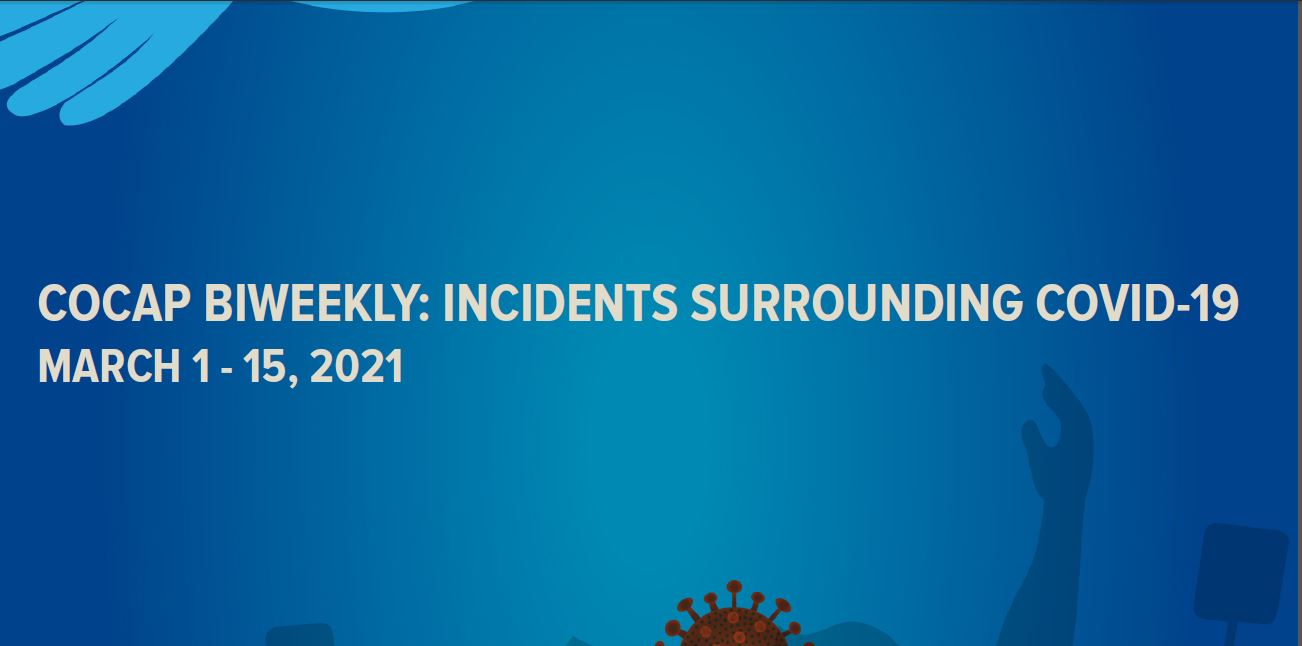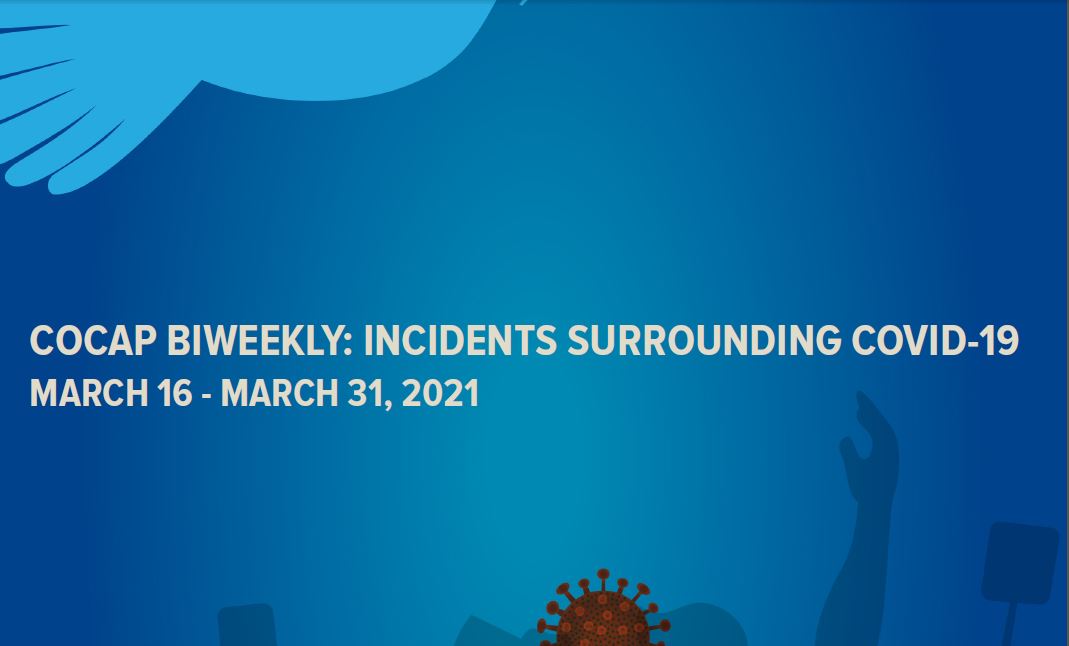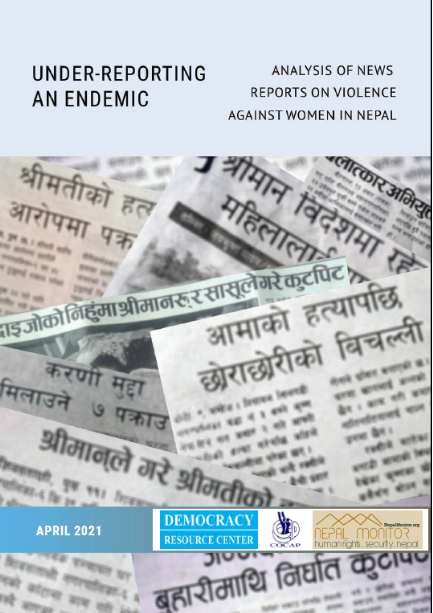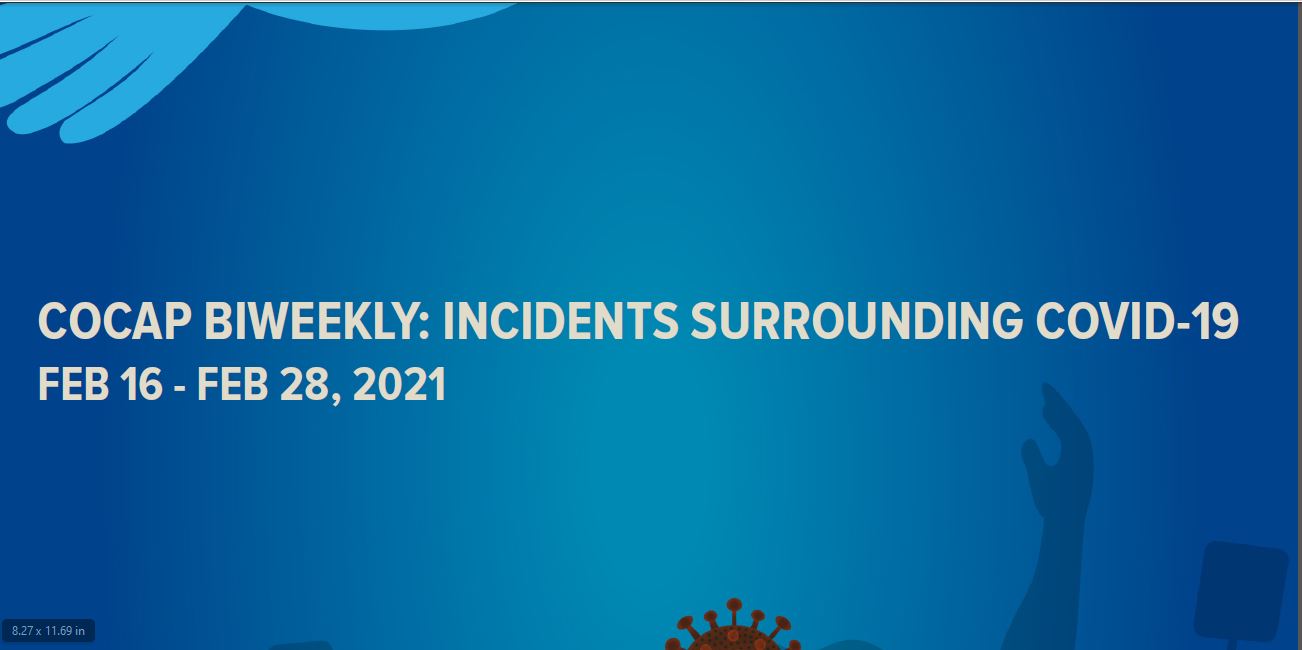Incident Reports
Tears and anger after Post’s revelations about a teacher’s sexual abuse of young girls
2019-01-28
Sunday morning at Lalitpur Madhyamik Vidyalaya was tense. A crowd of former students and parents had gathered at the gates of a community-run Lagankhel-based school. Visibly upset and angry, they were waiting for the gates to open so they could confront the school administration over allegations of sexual abuse by Bodh Raj ‘Basu’ Tripathee, a maths teacher.
Hours later, Vice Principal Geeta Sitaula emerged from a closed meeting with the student and parent representatives to announce that Tripathee had already been fired on Saturday—except he hadn’t.
Nearly a hundred parents and former students had gathered at the premises of Lalitpur Madhyamik in Lagankhel following the Kathmandu Post’s investigation on how Tripathee had sexually molested children for decades while a teacher at the school. Seven women had recounted how Tripathee would touch them inappropriately in class and how his behaviour, although common knowledge, had been ignored by the school administration.
“We will speak to the administration and explore what legal options we have,” said Stebin Bajracharya, a former student. He, like many others there, had shown up at the school following a call for action on social media by former students. Many gathered outside the school recounted experiences of abuse and inappropriate behaviour, not just at the hands of Tripathee, but also a number of other teachers.
“There was one teacher who would kiss us on the lips and even touch our chests,” said Salina Karki, who finished her tenth grade from LMV in 2007. The teacher Karki referred to is no longer at Lalitpur Madhyamik Vidyalaya—he’s reportedly gone on to work at a prestigious all-girls school in the same city.
As the crowd grew by mid-morning, more former students started to share their own experiences, leading to heightened emotions. One former student, Bidushi Raut, broke down while recounting her story of abuse by Tripathee. She had just joined the school in the eighth grade, in 2014, when Tripathee abused her, she said. He had only recently been moved to teaching older children.
When the students, parents and school administration retreated to an inside room
for a private meeting, more students and even parents
testified to Tripathee’s behaviour. One parent, who wished to stay anonymous, said she had spoken to the vice principal last summer about Tripathee’s misbehaviour with her seventh-grader daughter.
“My daughter is weak in Maths so I asked her why she never consulted the teacher about her problems,” the parent told the Post. “She said she didn’t feel comfortable around him and when I pressed her, she said that Tripathee would hold her hand and touch her inappropriately.”
Despite her daughter’s requests to not talk to anyone, the parent spoke to Sitaula, who earlier had denied all knowledge of Tripathee’s behaviour.
Teachers at the school say they were unaware of Tripathee’s behaviour. “I had once heard rumours about it, and I had even spoken to the girl’s brother but he brushed it off and I didn’t give it much thought either,” said one teacher who has been at the school for the past 19 years. “This issue does not just concern an individual; it is about the school’s reputation now.”
Outside, agitated parents demanded that the administration address their questions, and punish Tripathee for his behaviour.
“My elder daughter was victimised by Tripathee, too, while she was a student here,” said another parent who also chose to remain anonymous. “And I have another daughter in sixth grade right now. How can we be assured that schools will take the protection of our children seriously? How can we be sure that Tripathee does not repeat his actions?”
Many parents also wondered why Tripathee had not been punished, given how widespread knowledge of his actions was. Few surmised familial links to the school’s principal and director. One teacher at the school said that Tripathee’s father had been the priest of Uttam Tripathi, the school’s director, back in Kavre. The Post couldn’t independently confirm Tripathee’s connection to the school’s administration.
An hour-and-a-half later, when the meeting came to an end, Sabrina Basnet, a student representative, announced that they had put forth a list of demands, a number of which the school was willing to address immediately. One of their demands was that members of the school administration who had known about Tripathee’s behaviour should step down. Their second demand was that the administration, in coordination with the alumni, make reformation policies, which include classes for students and training for teachers on what constitutes sexual harassment. Their third demand was that the administration publicly
apologise to all parents and students for staying silent for so long.
Sitaula, the vice principal, also appeared in front of the crowd and said Tripathee had been suspended following the Post reporters’ request for comment on Thursday. In response to a query asking whether Tripathee had been fired or simply suspended, Situala reiterated that he had been fired after the Post’s investigation was published on Saturday.
However, hours later, the Post obtained a document signed between the students and the school representatives that showed Tripathee had only been suspended and had been given a week to furnish clarification in compliance with labour union laws.
When asked why she had told parents and students that Tripathee had been fired, a frustrated Sitaula said she was confused and refused to answer the question.
Student representatives told the Post that they had reached a collective decision to register a First Information Report (FIR) against Tripathee at the Metropolitan Police Range in Jawalakhel, by the students, parents and school administration. But an administrative official at the Police Range on Sunday afternoon refused to file the FIR, citing the statute of limitations regarding past abuse cases. The statute of limitations for childhood abuse, according to Article 74 (2) of the Act Relating to Children, is a year after a person turns 18. One parent, whose daughter had recently experienced abuse at Tripathee’s hands, backed down from filing the FIR at the very last moment.
Student representatives said that they would continue to explore options to pursue a legal case against Tripathee.
update...............................................................................................................................
In order to take legal action against Bodha Raj Tripathee, the maths teacher accused of sexual abuse by a number of former students as reported by the Post, a group of students, parents, and concerned staff attempted to register a First Information Report (FIR) at the Metropolitan Police Range, Jawalakhel on Sunday.
But they were met with a closed door. According to a student representative, an official at the station told them that he could not assign them a petition chit to enter the station to file an FIR, citing the ‘statute of limitations regarding past abuse cases.’ According to Article 74(2) of the ‘Act Relating to Children’, the statute of limitations for childhood abuse is one year after a person turns 18. The most recent Criminal Code also stipulates that the statute of limitation for rape and abuse is one year following the incident.
But according to Amrit Kharel of Juris Nepal, “In court practice, generally the date of knowledge in which the incident occurred (or was realised) is also taken into consideration”. In an email to the Post, he wrote, “Of course the police need to register an FIR”.
Read: Tears and anger at a Lalitpur school after revelations about a teacher’s history of sexual abuse
The initial response by officials—comparable to a meagre shrug and a turnaway—captures the many hurdles that sexual assault survivors, especially children, must overcome in their efforts to access legal remedy. Instead of pointing towards legal loopholes and verifying whether or not the statute of limitations apply—the officials simply turned the party away, giving them the impression that they were barred from taking legislative action.
This points to an alarming concern: the law itself is opaque. Legislation, especially concerning cases of abuse, rape, and harassment should be clear, accessible and self-explanatory. Ultimately, the law should make the process of reporting and seeking legal remedy a straightforward and approachable task for survivors. The presence of the statute of limitations for childhood abuse is discouraging to survivors who are attempting to seek legal action for cases that may have occurred beyond the stipulated time frame.
The impacts of experiencing sexual abuse from a young age are long-lasting—and all pieces of legislation needs to reflect that. A 2014 study based on a sample of 1,050 informants by German researchers found that, survivors were, on average, 52 years old when they first reported cases of sexual abuse that they experienced as children. In Nepal, the prevailing culture of silence and the unquestioning attitude that adults, especially teachers, instill in young children further limit survivors from speaking out within the imposed timeframe. Concerned legislative bodies must reconsider the statute of limitations applied for rape and abuse cases. Even if there are loopholes, why should additional legal hurdles be created for what should be an encouraging and empowering process?
The ‘right time’ for survivors of sexual abuse to share their stories and seek legal remedy should be any time they choose. The courageous women who spoke out against their former teacher, who had to recall years of lasting trauma, all pointed to the various hurdles that prevented them from seeking help—despite the fact that many were aware of the teacher’s inappropriate actions. The system that encouraged their silence failed them. But now that their stories have inspired action against the perpetrator, the legal process shouldn’t fail them.
http://kathmandupost.ekantipur.com/news/2019-01-28/a-closed-door.html
Related Reports
GBV / Siraha
Complaint lodged against a 30-year-old man on the charge of raping a 13-year-old teenage girl in Siraha
GBV / Okhaldhunga
52-year-old man arrested on the charge of sexually assaulting a 16-year-old teen girl in Okhaldhunga
GBV / Humla
Teen boy arrested on the charge of raping a 40-year-old woman in Humla
GBV / Bhaktapur
25-year-old man arrested on the charge of harassing girl over social media
Related Trend Analysis
Analysis

THE NEPAL PEACE MONITOR ANNUAL REVIEW: 2020
October 25, 2021
Human Trafficking / LGBT+ Rights / GBV / Political / Children’s Rights / Senior Citizens’ Rights / HRD Issues / Human Rights / Interpersonal Violence / Governance / Covid-19 / Civic-Space / PwD
Analysis

COCAP BIWEEKLY: INCIDENTS SURROUNDING COVID-19 MARCH 1 - 15, 2021
March 25, 2021
GBV / Governance / Covid-19
_001.png)




